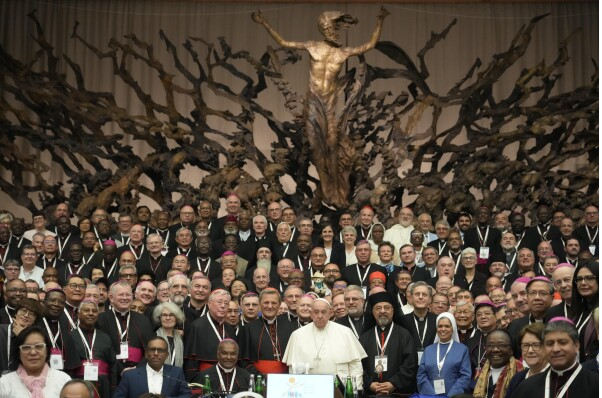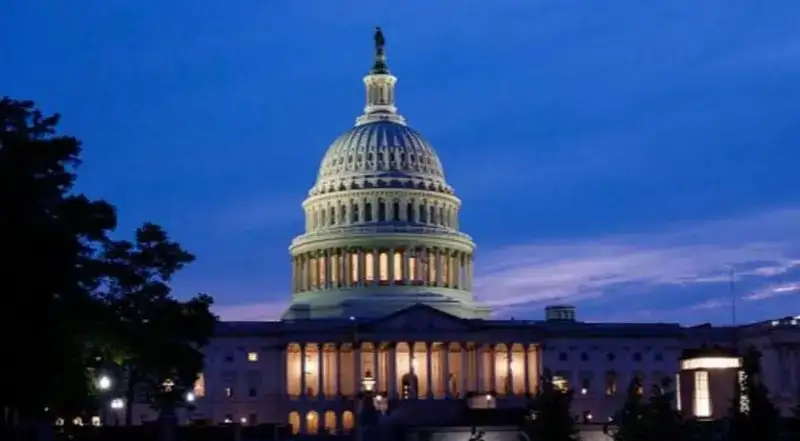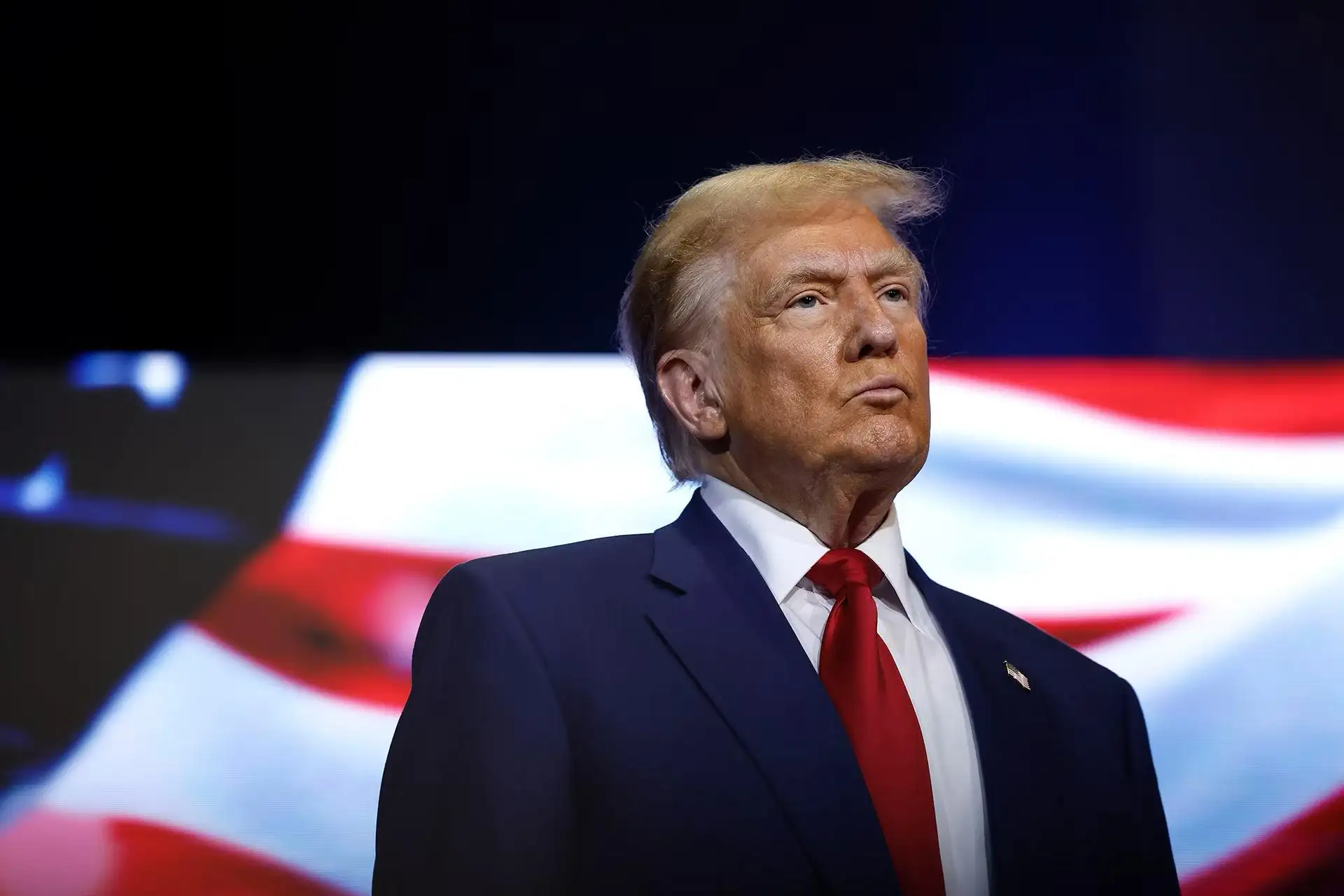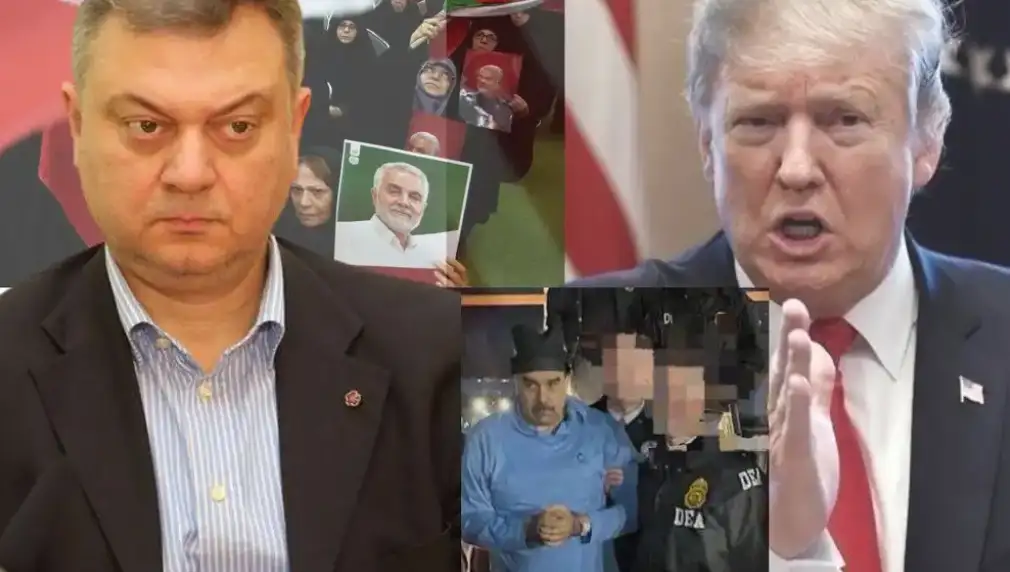Francis was elected Pope in 2013, succeeding Benedict XVI, who abdicated. Francis, the first non-European Pope in more than 1,200 years, has introduced a series of reforms that have drawn both sympathy and disapproval from the Catholic community.
From the very first days, he has begun to take steps that have aroused universal sympathy.
- At the gala dinner organized on the occasion of his election, he refused a limousine and went there with other cardinals in a minibus.
- Instead of the traditional gold ring, he ordered a gilded silver ring.
- In the papal residence in the Vatican, he asked to replace the throne with a regular chair and reduce the number of rooms allocated.
Let us mention several areas where Francis has made changes.
Abortion
Francis has upheld Church doctrine against abortion and reiterated his predecessors' teaching that human life is sacred and must be protected. He has called abortion, as well as euthanasia, evidence of a modern "disposable culture" and compared them to "hiring a hitman to solve a problem."
Sexual abuse scandals and the Pope's response
One of the most controversial cases involving Francis came in Chile when he initially questioned the testimony of victims of sexual abuse by defending a bishop accused of covering up the crimes. In the wake of public outcry and subsequent scrutiny, Francis admitted his mistake, inviting victims of the abuse to the Vatican and personally apologizing. He has summoned Chile's bishops to Rome and urged them to resign.
Francis' most significant move was to defrock former US Cardinal Theodore McCarrick after a Vatican investigation found he had abused both minors and adults.
Francis ends papal secrecy.
Francis has, as part of a series of reforms, abolished the papal secrecy order to no longer keep information about sexual abuse cases secret.
China
In 2018, Francis approved a deal to appoint bishops in China, ending a long-standing dispute and settling the status of those ordained Chinese bishops without the Pope's consent.
COVID-19
Francis has strongly supported vaccination campaigns and has called for priority to be given to people experiencing poverty. The Vatican's doctrinal office has said vaccinations are morally acceptable, putting Francis at odds with conservatives.
Death penalty
Francis has gone beyond his predecessors and changed Catholic doctrine by declaring that the death penalty is unacceptable in all cases, regardless of the gravity of the crime.
Francis has also called life imprisonment without parole a "hidden death penalty" and solitary confinement a "form of torture," saying that both should be eliminated.
Environment
Francis became the first pope to use scientific data in a significant educational document, considering global warming a human-caused problem.
Islam
Francis has made significant progress in the Vatican's complex relationship with Islam, forging ties with Sunni and Shiite religious leaders and emphasizing a shared commitment to peace, solidarity, and dialogue.
He signed a historic document in Cairo on strengthening brotherhood with Sheikh Ahmed al-Tayyeb, the grand imam of Al-Azhar, a center of Sunni learning.
He was the first pope to visit the Arabian Peninsula and Iraq, the birthplace of Abraham, which is essential to Christians, Muslims, and Jews.
Vatican reforms
Francis was elected on a mandate to implement bureaucratic reform, and centuries of waste, mismanagement, and market crises threatened the Vatican's financial well-being.
He introduced regulations to maintain order, transparency, and modern accountability, requiring competitive bidding, gift restrictions, a reduction in the salaries of cardinals, and the concentration of assets and investments in a single office with a unified, ethical, and green investment policy.
He created a separate Secretariat of the Economy to oversee the Holy See's finances, which is staffed mainly by lay experts. He also authorized a criminal trial into the Vatican's failed investment in a London real estate deal that resulted in losses of tens of millions of euros.




















